The role of human resources in an organization is evolving rapidly. HR teams are moving beyond traditional administrative functions and becoming strategic drivers of business growth and success. This transformation has been enabled largely by the advent of human resource management systems (HRMS).
What makes HRMS software unique is its ability to automate routine HR tasks, provide data-driven insights, enhance employee experiences, consolidate systems, and customize to specific needs. With powerful HRMS solutions, HR can shift focus from repetitive manual work to high-value priorities like talent management, employee engagement, and workforce development.
In this blog, we will dive deeper into what makes today’s HRMS platforms stand out from basic HR information systems of the past. We will highlight key features like artificial intelligence, self-service, and people analytics that are redefining the HR landscape. By understanding the unique capabilities of HRMS software, organizations can harness technology to build a future-ready, high-performing workforce.
Table of Contents
What Makes HRMS Software Unique?
Reason 1: The Automation Advantage
One of the biggest advantages of HRMS systems is how they automate time-consuming administrative workflows. Manual tasks like processing payroll, managing benefits enrollment, tracking attendance, and maintaining employee records take up a significant portion of HR’s time.
HRMS platforms utilize technology like AI, RPA, and self-service to reduce the administrative burden on HR staff. By digitizing and automating routine tasks, HRMS frees up HR to focus on more impactful initiatives like talent development, succession planning, and diversity & inclusion.
Reason 2: Data-Driven Insights
Another key advantage of HRMS systems is how they empower HR with data-driven insights and intelligence. The analytics and reporting functions within HRMS platforms provide a wealth of metrics that offer valuable visibility into the workforce.
Key performance indicators relating to recruitment, learning, compensation, employee retention, diversity, and other HR parameters can be tracked. This gives HR access to analytical data rather than just transactional data for each process.
With customizable dashboards and visual data representations, HRMS makes it easy to unearth trends and patterns related to people management.
By leveraging data analytics, HR is able to make more informed strategic decisions aligned to overarching business goals rather than relying on gut feel.
Reason 3: Enhancing Employee Experience through Self-Service
The employee experience is crucial for attracting and retaining top talent in today’s competitive job market. What makes HRMS platforms stand out is their ability to dramatically improve the employee experience through employee self-service features.
HRMS allows employees to access HR information and perform routine tasks through an online portal or mobile app. For instance, employees can request time-off, view pay slips, update personal information, enroll in benefits, register for training, and more.
This self-service functionality empowers employees and gives them greater ownership of their work life. It also frees HR from mundane queries and paper-based processes. From onboarding to offboarding, HRMS systems create a seamless employee journey.
With a pleasant and engaging interface, HRMS boosts employee satisfaction, productivity, and engagement. The cutting-edge self-service capabilities in HRMS make it easier than ever for HR to deliver an exceptional employee experience.
Reason 4: Consolidating HR Processes with a Unified System
Most companies use a fragmented mix of HR tools and spreadsheets to manage employees’ data. This makes accessing real-time information and reporting a huge challenge. What sets modern HRMS suites apart is their ability to consolidate all HR processes onto a single integrated platform.
Rather than confusing systems for recruitment, payroll, performance management, etc, HRMS offers a unified solution. All employee records, policies, tasks, and analytics are available on a centralized database. This provides consistency across locations and departments when managing the workforce.
With a unified HRMS, there are no more isolated sources of HR data. The consolidated view makes HRMS software uniquely set to deliver actionable insights. Standardized workflows and data structures also enhance compliance and governance.
By bringing everything under one roof, HRMS serves as the single source of truth for managing people. Unification through HRMS is critical for synchronizing and optimizing HR strategies across the business.
Reason 5: Customization for a Tailored HR Experience
While unification is a key advantage, what also makes HRMS systems stand out is their flexibility.
Leading HRMS platforms are highly customizable to meet the unique needs of each organization. Rather than a rigid, one-size-fits-all system, modern HRMS offers adaptable solutions. Companies can tweak workflows, fields, reports and other elements to align with their specific HR processes and objectives.
HRMS allows businesses to scale capabilities based on size, industry and growth stage. Large enterprises can utilize the full suite while SMBs can activate just core modules. The system can integrate with existing infrastructure through APIs and ensure data flows seamlessly across tools.
The high degree of customization is what makes HRMS software uniquely suited to deliver a tailored HR experience. Whether creating customized hiring stages or building bespoke org charts, HRMS provides the flexibility to configure HR your way. This enables optimization of workflows and a system that evolves along with the business.
Conclusion
In today’s digital-first business landscape, harnessing technology is crucial for HR to deliver maximized value as a strategic function. What makes modern HRMS solutions stand out is their ability to automate workflows, provide data-driven insights, improve employee experience, unify systems, and offer customization.
Together, these capabilities enable HR teams to focus on more impactful initiatives like talent development, leadership coaching, and fostering a high-performance culture. By partnering with the right HRMS provider, HR can break free from repetitive administrative tasks and truly transform into a driver of business success.
The unique strengths of HRMS empower HR to have a greater influence on the employee lifecycle and business strategy. As organizations look to build resilient, future-fit workforces, the strategic edge offered by HRMS will only grow in importance.
FAQs
What are the key benefits of using an HRMS?
HRMS provides automation, data-driven insights, enhanced employee experience, system consolidation, and customization for streamlined and strategic HR management.
How does HRMS improve efficiency?
By automating repetitive tasks like payroll processing, HRMS reduces manual work and allows HR to focus on high-value initiatives.
What type of insights can you get from HRMS analytics?
HRMS provides insights into recruitment, employee performance, learning, compensation, retention and other workforce metrics to aid decision-making.
How does HRMS boost the employee experience?
Self-service access for tasks like leaves, benefits, etc. and seamless HR workflows improve the employee experience.
How does HRMS help unify HR systems?
Consolidating all HR data and processes from payroll to performance onto a single integrated platform.
Can HRMS be customized to our specific needs?
Yes, leading HRMS platforms offer adaptable solutions with customizable workflows, fields, reports and other elements.
What are some key capabilities of modern HRMS?
Key capabilities include AI, automation, mobile access, people analytics, and integration with existing infrastructure.
How does HRMS make HR more strategic?
By handling administrative tasks, HRMS gives HR the freedom to focus on forward-thinking initiatives that align with business goals.
What future HR trends will impact HRMS?
Trends like remote work, gig workers, and data security will shape the ongoing evolution of HRMS capabilities.

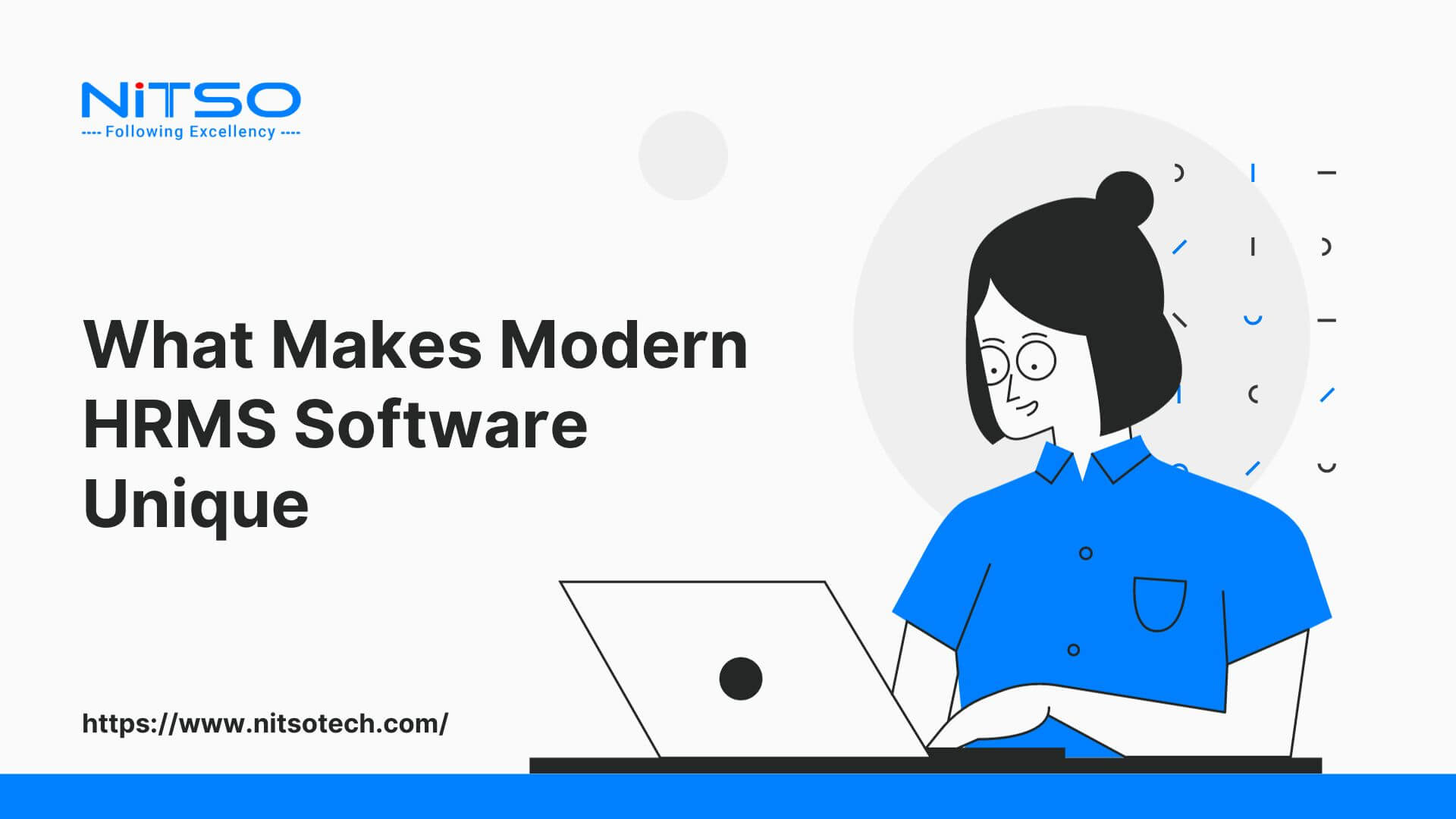
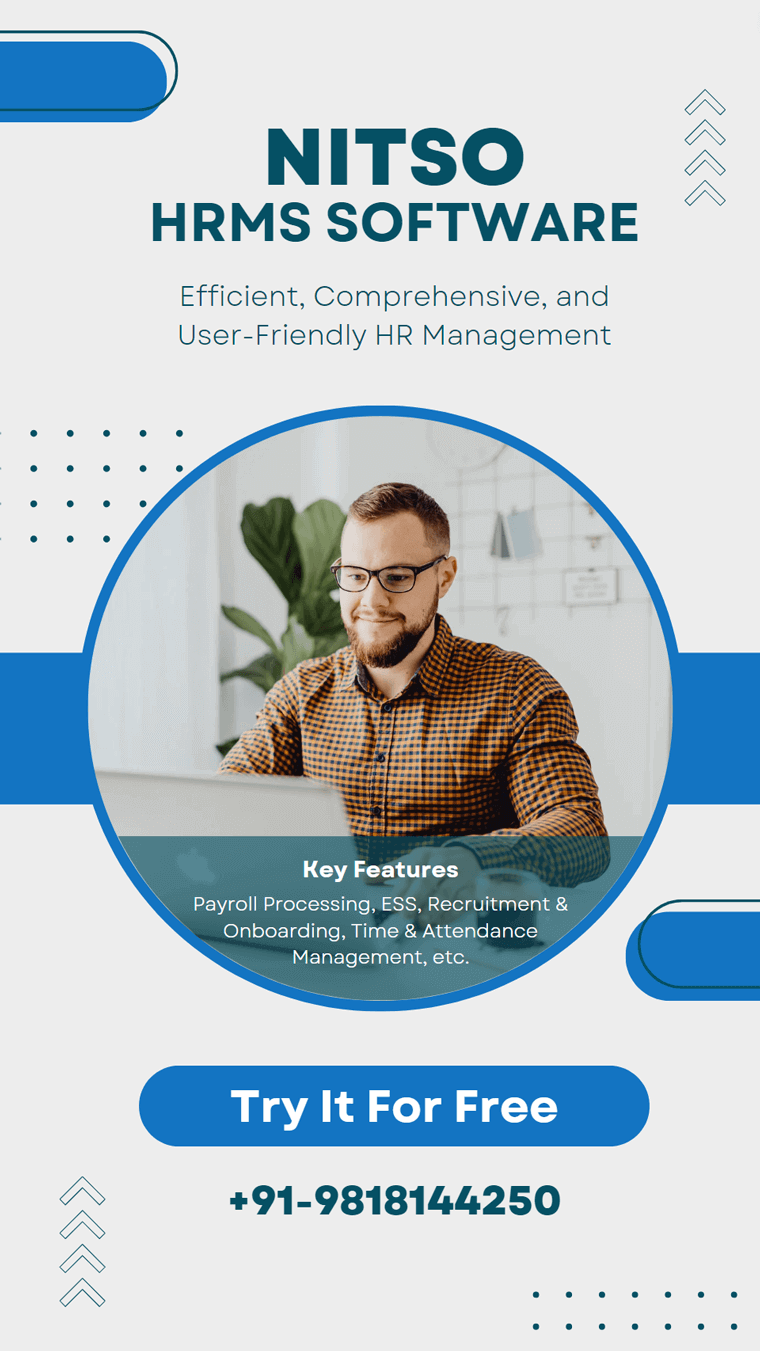
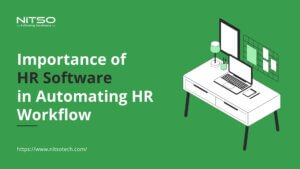
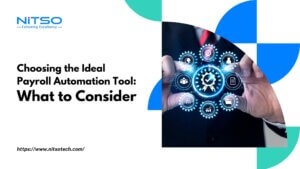
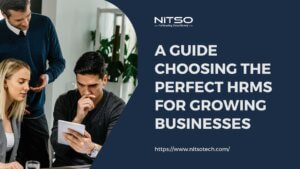


0 Comments